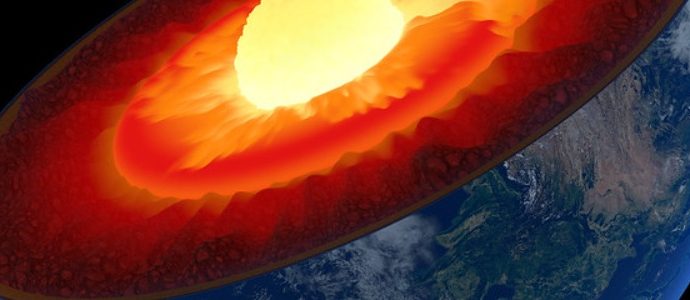The Spin of the Earth’s Core Has Changed Direction—at Least From Our Point of View
The spin of the Earth’s core appears to have reversed direction; but don’t be alarmed, it’s still spinning in the right direction, it only appears to be running in reverse from our vantage point here on the surface of the planet. A study of deep-penetrating seismic data collected between 1964read more
